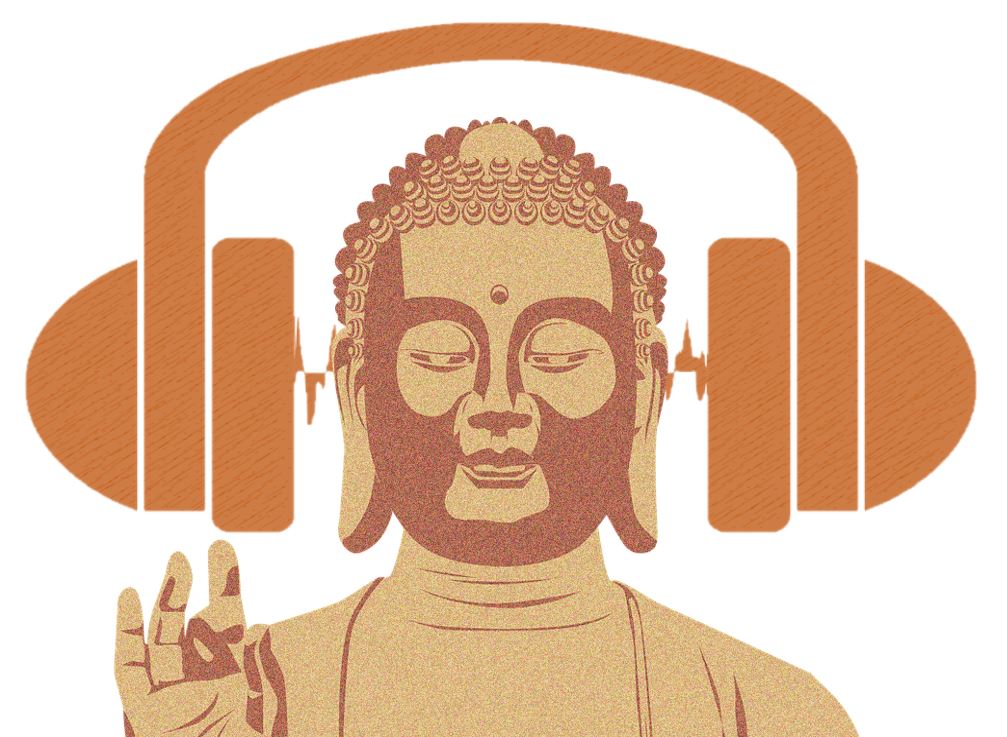
Anger gets a bad rap in Buddhism.
8th-century Buddhist scholar Shantideva described anger as the most extreme negative force. Buddhist psychology identifies anger as a detrimental emotional state that clouds the mind and causes suffering. In the Theravada tradition, we practice loving-kindness and compassion as antidotes to anger.
Yet, there is ample modern research showing that suppression of anger heightens stress response and leads to poor health outcomes. According to this science, being a nice Buddhist who never gets angry might be bad for your health!
So what’s the deal with anger? Does anger always lead to suffering? Can anger be healthy or even skillful? Does fully feeling anger lead to its resolution? Or to getting better at being angry?
This talk will revisit the question of how to cultivate a skillful relationship with this tricky and seemingly inescapable aspect of being human.
